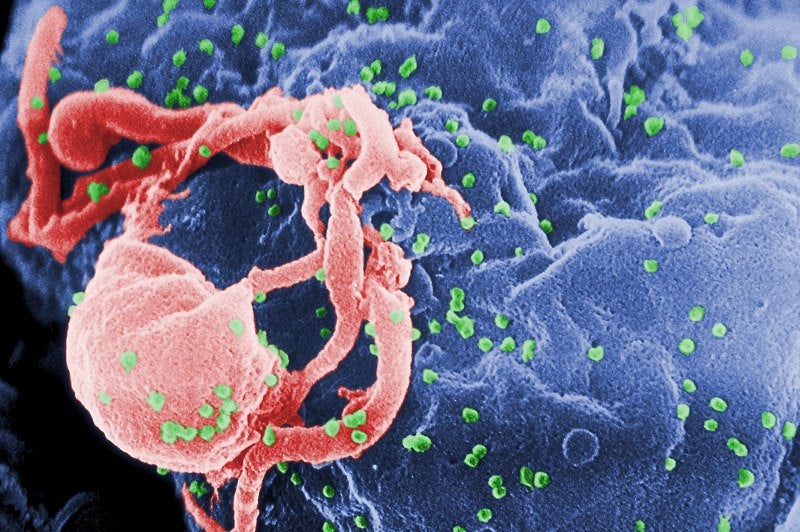
The National Institute of Allergy and Infectious Diseases (NIAID) in the US has stopped vaccine administration in its HVTN 702 clinical trial of an investigational HIV vaccine.
NIAID has taken this decision after an independent data and safety monitoring board (DSMB) found that the regimen did not prevent HIV during an interim review.

Discover B2B Marketing That Performs
Combine business intelligence and editorial excellence to reach engaged professionals across 36 leading media platforms.
Known as HVTN 702 or Uhambo, the Phase IIb/III trial commenced in 2016 and is being conducted in South Africa.
The trial has been testing a prime-boost vaccine regimen based on the only vaccine regimen showing protection from HIV. This regimen was tested in the RV144 clinical trial in Thailand and was led by the US Military HIV Research Program and the Thai Ministry of Health.
For the Uhambo trial, the vaccine regimen was adapted to the HIV subtype Clade C, which is the most common in southern Africa.
NIAID director Anthony S Fauci said: “An HIV vaccine is essential to end the global pandemic, and we hoped this vaccine candidate would work. Regrettably, it does not.

US Tariffs are shifting - will you react or anticipate?
Don’t let policy changes catch you off guard. Stay proactive with real-time data and expert analysis.
By GlobalData“Research continues on other approaches to a safe and effective HIV vaccine, which I still believe can be achieved.”
The trial saw the enrollment of 5,407 HIV-negative volunteers at 14 locations across South Africa. The population considered for the study featured sexually active men and women aged between 18 and 35.
Participants were randomly assigned to receive either the investigational vaccine regimen or placebo injections.
Study participants received six injections over 18 months during the trial.
In the interim analysis of 23 January 2020, the DSMB examined data from 2,694 volunteers who received the investigational vaccine regimen and 2,689 volunteers who received the placebo injection.
Analysis found that 129 HIV infections occurred among the vaccine recipients, and 123 HIV infections occurred among the placebo recipients.
As per these findings, the DSMB concluded that the investigational vaccines had not indicated any efficacy.
The DSMB also recommended further vaccinations should not be administered and that participants remain in the study for follow-up.





